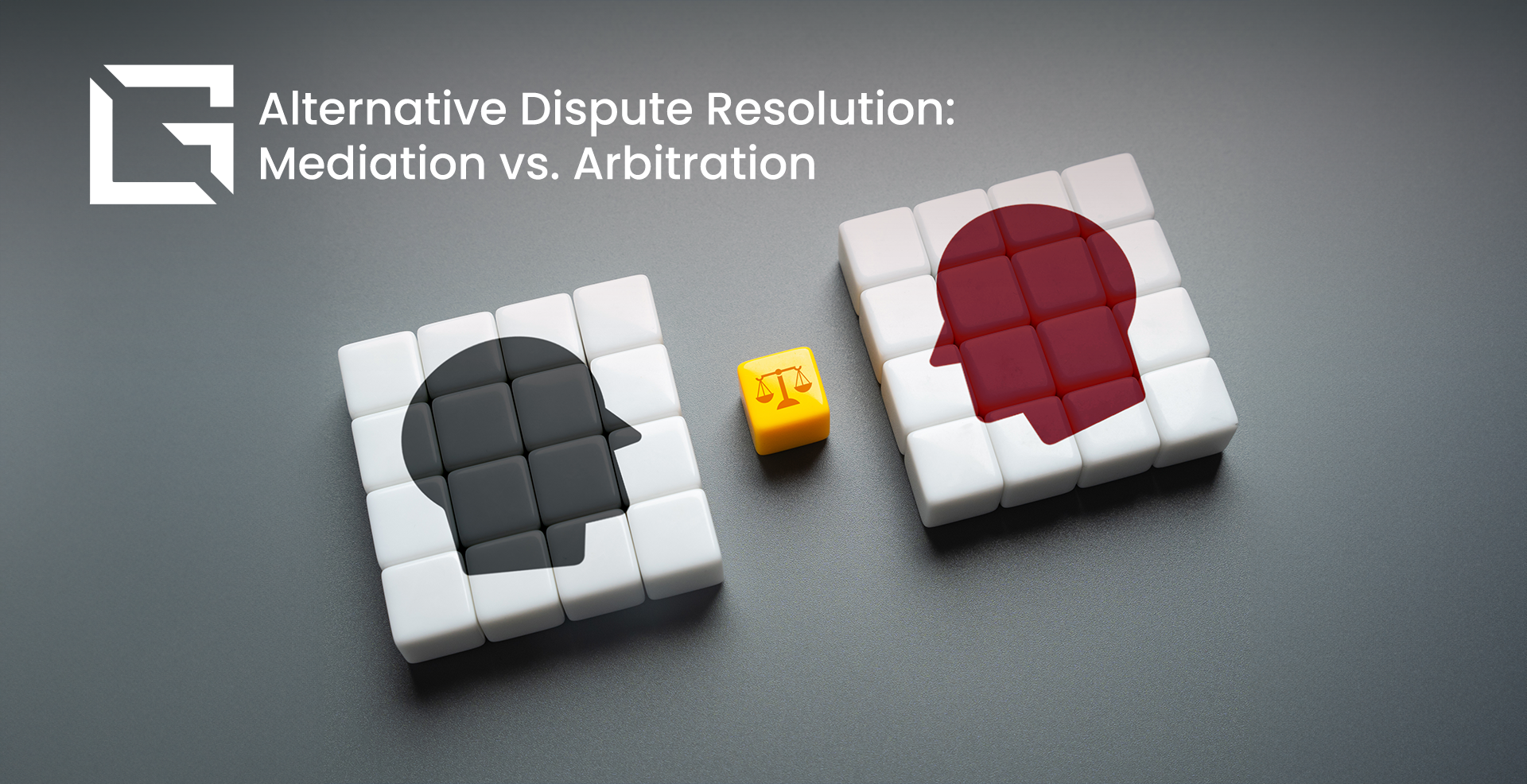Property disputes, whether they involve rental agreements, landlord-tenant disagreements, or other property management issues, can be stressful and emotionally charged. Fortunately, the mediation process offers a pathway to resolution that is both less adversarial and more cooperative than traditional court litigation. This alternative dispute resolution method involves a neutral third party — a mediator — who assists the disputing parties in reaching a mutually acceptable agreement.
Understanding Mediation Process in Property Disputes
Mediation in property disputes can cover a wide range of issues, from conflicts over rental terms to disagreements regarding property maintenance or lease renewals. The goal is to arrive at an agreement that respects the rights and needs of both parties, facilitated by a mediator who guides the conversation and helps clarify points of contention.
Benefits of Mediation
- Cost-Effectiveness: Mediation is typically less expensive than going to court due to lower legal fees and faster resolution times.
- Confidentiality: Unlike public court cases, mediation sessions are private, allowing parties to discuss issues openly without fear of public disclosure.
- Control: Mediation gives both parties more control over the outcome, as any agreement must be mutually accepted, unlike a court verdict, which is decided by a judge or jury.
- Preservation of Relationships: By promoting constructive communication, mediation can help preserve business or personal relationships that might be damaged by the adversarial nature of litigation.
Key Steps in the Mediation Process for Property Disputes
- Preparation: Before mediation begins, it’s crucial to gather all relevant documents and evidence related to the dispute, such as leases, rental agreements, property titles, and repair records. Consulting with a qualified legal professional like Gibb Law can provide valuable insights into relevant laws and prepare you for negotiation.
- Choosing the Right Mediator: Selecting a mediator experienced in conflict resolution and familiar with property management issues is essential. Their understanding of the specific challenges and legalities involved can facilitate a more productive discussion.
- Open Communication: Mediation sessions provide a platform for both parties to express their views and concerns openly. This process encourages understanding and can often uncover underlying issues that need to be addressed.
- Negotiation: With the mediator’s help, parties can explore various options and compromises.
- Reaching an Agreement: If mediation is successful, the final step is formalizing the agreement. This typically involves drafting a document that outlines the terms of the resolution, which both parties sign. While not a court order, this agreement can be legally binding.
Managing the mediation process in property disputes requires a willingness to communicate and compromise, but with the right approach and professional guidance, it can lead to a satisfactory resolution for all involved. This is why you need legal expertise like Gibb Law who can streamline the process, making mediation an effective tool for conflict management.
By choosing mediation, landlords and tenants can resolve their disputes in a manner that is not only efficient and cost-effective but also preserves their relationship and paves the way for future cooperation.
Disclaimer: This blog is for informational purposes only and is not legal advice. Please contact us to discuss the specifics of your situation.



